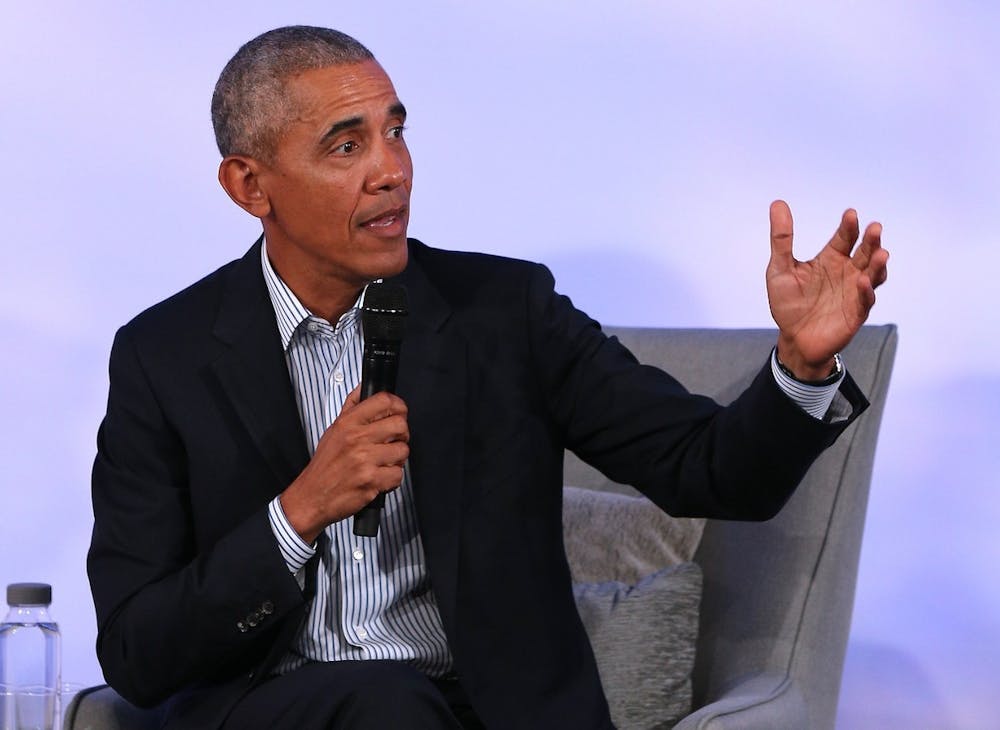Former President Barack Obama is the latest of public figures to denounce cancel culture in a recent speech during the Obama Foundation Summit. He didn’t use the exact words, but he spoke to a phenomenon that has been plaguing many others as well — the concept of calling people out for their actions to hold them accountable and tarnish their reputation in the process. His words sound good on the surface, but when it comes down to it, “cancel culture” as described by many does not actually exist.
During his speech, he said: “This idea of purity and you’re never compromised and you’re always politically ‘woke’ and all that stuff. You should get over that quickly. The world is messy. There are ambiguities. People who do really good stuff have flaws. People who you are fighting may love their kids. And share certain things with you.”
He isn’t necessarily wrong. Nobody can deny that the world is messy and full of ambiguities, and that good people do flawed things. It depends on the scale of the flaw. For example, I disagree with Obama's authorization of 542 drone strikes, but he definitely loves his kids.
Of course, I cannot cancel Obama, even with that damning information. I don't have the power to do that, no matter how many times I denounce his actions in the Middle East in an opinion column. War criminals, especially those who are former presidents, are generally celebrated for their efforts. Obama doesn’t have to worry about being cancelled.
It’s not just about politicians, though. Cancel culture is most often discussed in relation to celebrities. Interestingly enough, most of the celebrities that have been “cancelled” by the internet still have incredibly successful careers, even the ones that most deserve to have their careers destroyed.
Take Harvey Weinstein, for example. He was accused of sexually abusing or harassing more than 80 women, but he still has a social life. A stand up comedian recently dared to stand up to him in public over his actions, and she was kicked out of the bar amid many other patrons booing her and telling her to “shut up.” Despite everything, he still received this show of public support, and the comic was the one punished.
Sometimes celebrities are not accused of doing bad things, but they make controversial statements that garner negative attention. Sometimes they create entire stand-up specials around saying things they know will offend others, and then bemoan the results of their audience being offended. In his latest comedy special, Dave Chappelle is quoted as saying “I’m gonna say something that I’m not allowed to say," before denying and joking about Michael Jackson’s child sexual abuse allegations. This sparked significant criticism, of course, but Chappelle is still the third highest paid comedian in the world. Chappelle isn’t being cancelled.
It’s natural to point out and push back against things that are actively offensive and harmful. You can share Obama’s speech denouncing this culture as much as you want, but it is necessary to step back and think about your own intentions in doing so. Who is really hurting in this situation? The people who face abuse and oppression at the hands of the powerful, or famous people receiving their rightful critique?
Perhaps the people agreeing with Obama in droves simply want to distance themselves from their complicity. Powerful men are not in danger of being cancelled, and marginalized voices speaking up for themselves are never the enemy.






